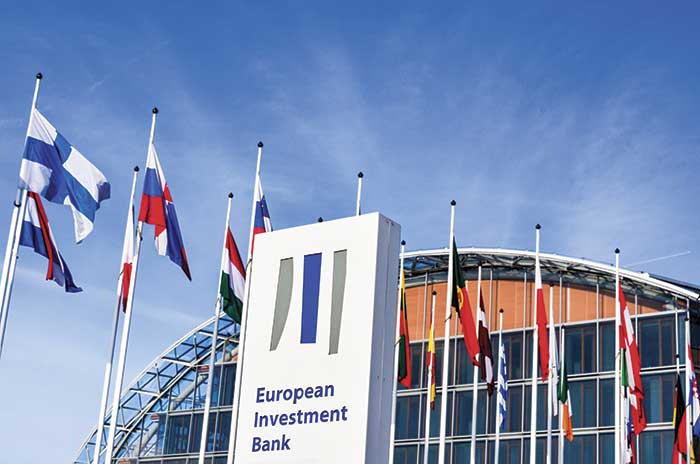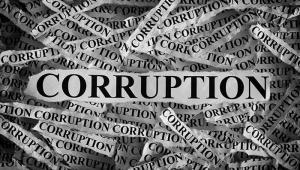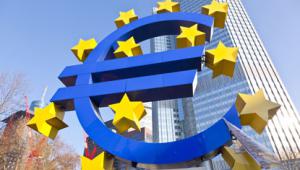p17-18-opinion-european-investment-bank-alamy-ep6x9p.jpg

The European Investment Bank has been accused of mismanaging how it grants loans and over its approach to tax evasion. Photo: Alamy
If trust in a common European future is to be rebuilt, the perceived democratic gap between citizens and institutions has to be tackled. Yet the growing debate over the governance and accountability of EU institutions often leaves one central actor out: the European Investment Bank (EIB).
Created in 1958, the EIB is a silent giant of the European economy. Based in Luxembourg, it manages new investments worth €77bn a year – its highest lending volume reached in 2015. Despite being the financial arm of the EU, it has never been well known to the general public. But times are changing. With two capital increases in 2010 and 2012 and a crucial driving position in the €315bn Investment Plan for Europe, the EIB has stepped up its macroeconomic role as well as its public profile.
This more public-facing role needs to be accompanied by substantial improvements in its transparency and accountability. So far, the bank has maintained a culture of secrecy, ignoring procedures that are standard within other EU institutions such as the disclosure of minutes of its governing bodies’ meetings.
It is no coincidence that the European ombudsman has urged the EIB’s president to make the bank’s operations more transparent. According to the ombudsman’s words, progress is needed in several areas, including active disclosure of information to avoid conflicts of interest.
Another core area for improvement is due diligence on its projects. As it is fairly understaffed given the number of projects it finances, the EIB struggles to assess and keep track of its loans properly. For instance, as the European Parliament stressed in its latest resolution on the EIB, the bank should take a firmer stand against corruption and “stop further loan disbursements to projects under ongoing national or European corruption investigations”.
A striking example of this tendency is the bank granting loans to the Passante di Mestre highway in Italy in 2013 and 2016. These were provided even though several subcontractors had been arrested over allegations of corruption and money laundering and despite repeated calls by MEPs and NGOs to suspend all forms of funding for the project. Such a manifest mismanagement of public money should not be acceptable practice for the EU’s flagship financial institution.
A similar crackdown is needed on the bank’s approach to tax evasion and tax avoidance. As Counter Balance’s latest study on the EIB’s funds showed, its growing trend to lend to financial intermediaries such as private investment funds undermines its capacity to ensure its clients pay their fair share of taxes where they are domiciled and where they operate.
It’s encouraging that the European Commission and the European Parliament have moved on this, respectively calling for the bank to apply high tax transparency standards and to develop a responsible taxation policy including, for example, the requirement of country by country reporting to all its clients.
Although the EIB has largely turned a deaf ear to such calls, closer public scrutiny from EU institutions and civil society are the only way to increase the pressure. While the European Parliament’s resolution has been crucial in sending the bank a clear signal and echoes concerns raised by watchdog NGOs, more needs to be done by the European Commission and EU member states.
As the Investment Plan for Europe highlights, with the huge potential role for the EIB, the time seems right for the bank to clean up its act and deal seriously with transparency and accountability issues. Business as usual is no longer an option. To really add value, the EIB will need to open up to public scrutiny and increase the quality of the projects it finances. Another kind of public finance is possible.













